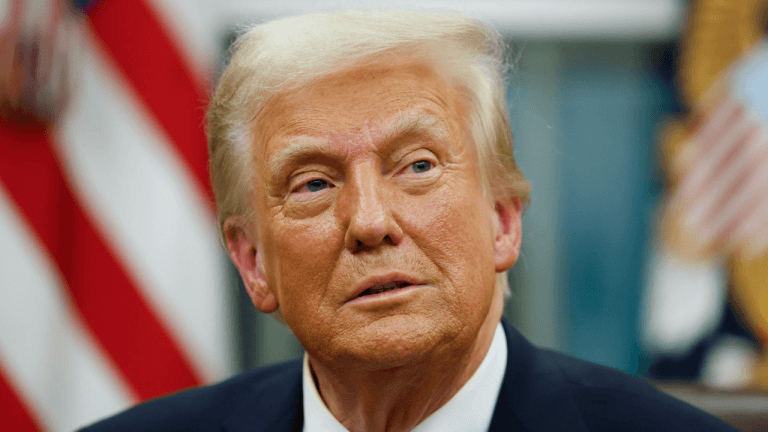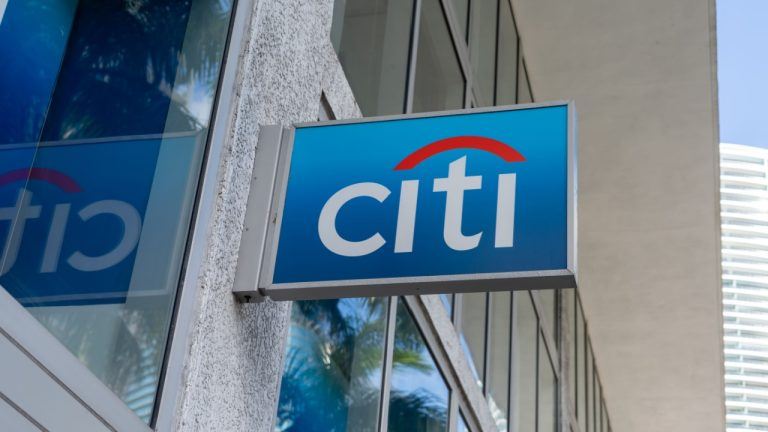The Indian government and central bank have received proposals requesting the restoration of access to the Unified Payments Interface (UPI) for the cryptocurrency industry, CoinDesk reports, citing sources familiar with the matter. The proposals have been made independently, with two already submitted and a third expected in the coming weeks from the newly formed crypto policy advocacy group, the Bharat Web3 Association (BWA).
These proposals mark the first major effort by India's crypto stakeholders to seek policy changes governing the industry since it faced challenges, such as harsh taxes, a crypto winter, and a 'shadow ban.' The shadow ban resulted in Indian payment processors severing banking access for crypto exchanges, and UPI services were ostensibly suspended around the same time last year.
What Is the UPI?
UPI is a revolutionary system that combines the functionalities of multiple bank accounts into a single mobile application, regardless of the participating bank. It seamlessly merges various banking features, facilitates effortless fund routing, and enables convenient merchant payments, all within a single platform. In essence, UPI consolidates and streamlines diverse banking services, ensuring a comprehensive and user-friendly experience for customers.
The UPI adoption in India has experienced rapid growth, with approximately 74 billion UPI transactions worth $1.5 trillion conducted in 2022. UPI allows citizens to make payments for various goods and services using a QR code linked to their bank account. Merchants are not charged any fees for accepting UPI payments, making it a widely used system nationwide.
What Led to the Suspension of UPI Access?
The launch of Coinbase in India seemed to have served as the catalyst for the suspension of UPI access for Indian cryptocurrency exchanges. On April 7, 2022, Coinbase unveiled its operations in India, with company executives highlighting the ease of trading on their app and utilizing UPI for payment processing.
However, the National Payments Corporation of India (NPCI), the regulatory body overseeing UPI and operating under the supervision of the Reserve Bank of India (RBI), swiftly responded to the event. Shortly after Coinbase's announcement, the NPCI took to Twitter to clarify that it had no knowledge of any crypto exchange utilizing UPI services.
The Proposals
One of the proposals seeking UPI access restoration was submitted by an unidentified Indian crypto exchange. The exchange stated that they have approached the NPCI, requesting the removal of UPI service restrictions. The proposal was made shortly after India added crypto to its anti-money laundering rules, which made crypto exchanges, custody service wallet providers, and non-fungible token (NFT) marketplaces, legally responsible for monitoring suspicious financial activities.
The second proposal, submitted by the public policy advisory firm Black Dot, emphasizes that UPI's seamless user experience encourages onshore transactions, providing a visibility trail for regulators and law enforcement. The proposal suggests that arbitrarily denying a class of investors access to their preferred instruments through UPI while allowing access for other investors (e.g., IPOs) may violate the principle of equality before the law.
It remains uncertain whether authorities will restore UPI access to crypto exchanges. However, doing so would enhance the credibility of the crypto space and facilitate trading for retailers on crypto exchanges.
The proposals indicate the growing efforts to address regulatory challenges and seek a more favorable environment for the crypto industry in India. The outcome of these proposals will have a significant impact on the future of cryptocurrency adoption and operations within the country.
Crypto in India's AML Rules
The recent inclusion of cryptocurrencies in India's anti-money laundering rules should rightfully spark divergent views among experts regarding its significance for the country. This development provides regulatory authorities with stronger enforcement capabilities over the cryptocurrency industry, marking a pivotal moment in its oversight.
The addition of crypto to the Prevention of Money Laundering Act (PMLA) empowers regulators with enhanced tools to monitor and supervise suspicious financial activities within the crypto space. Conversely, proponents of the crypto industry might perceive it as a step toward granting the sector greater legitimacy, citing the act of integrating cryptocurrencies into anti-money laundering regulations as a semblance of regulation.
The inclusion also marks a noteworthy shift in the regulatory landscape, as it signifies a direct acknowledgment of cryptocurrencies and their potential implications for illicit financial transactions. By encompassing virtual digital asset (VDA) service providers as "reporting entities" under the PMLA and ensuring their registration with the Financial Intelligence Unit (FIU), one could argue that these safeguards contribute significantly to securing VDA transactions and combating any potential malfeasance.
On the other hand, advocates of the crypto industry likely view the inclusion of cryptocurrencies in anti-money laundering rules as a positive step toward bringing legitimacy to the sector, especially following RBI Governor Shaktikanta Das comments which are now somewhat being echoed in the UK.
By subjecting crypto exchanges, non-fungible token (NFT) marketplaces, and custody service wallet providers to these rules, a degree of regulation is established, which lends credibility to the industry. So, while legal experts might emphasize the regulatory strength this development brings, proponents of the crypto industry might come to see it as a significant step toward legitimizing cryptocurrencies through a regulatory framework.
Nonetheless, the divergence in perspectives highlights the ongoing debate surrounding the role of regulation in the crypto sector and its potential impact on fostering innovation, consumer protection, and a secure financial environment.
As India continues to navigate the evolving landscape of cryptocurrencies, the implications of integrating them into anti-money laundering rules will undoubtedly shape the future trajectory of the industry within the country. The contrasting viewpoints underscore the need for ongoing dialogue and collaboration between regulatory authorities, legal experts, and industry stakeholders to strike a balance between regulatory oversight and fostering a conducive environment for the growth and development of the crypto ecosystem.
This article was written by Pedro Ferreira at www.financemagnates.com.
You can get bonuses upto $100 FREE BONUS when you:
💰 Install these recommended apps:
💲 SocialGood - 100% Crypto Back on Everyday Shopping
💲 xPortal - The DeFi For The Next Billion
💲 CryptoTab Browser - Lightweight, fast, and ready to mine!
💰 Register on these recommended exchanges:
🟡 Binance🟡 Bitfinex🟡 Bitmart🟡 Bittrex🟡 Bitget
🟡 CoinEx🟡 Crypto.com🟡 Gate.io🟡 Huobi🟡 Kucoin.




















Comments